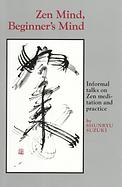The following reads are highly recommended. Many are non-dual in nature, but not all. Each was significant to me on my journey.
Thoughts, comments, additions, even subtractions accompanied by gasps of disapproval — all are welcome and can be voiced in the comments below.
Christian
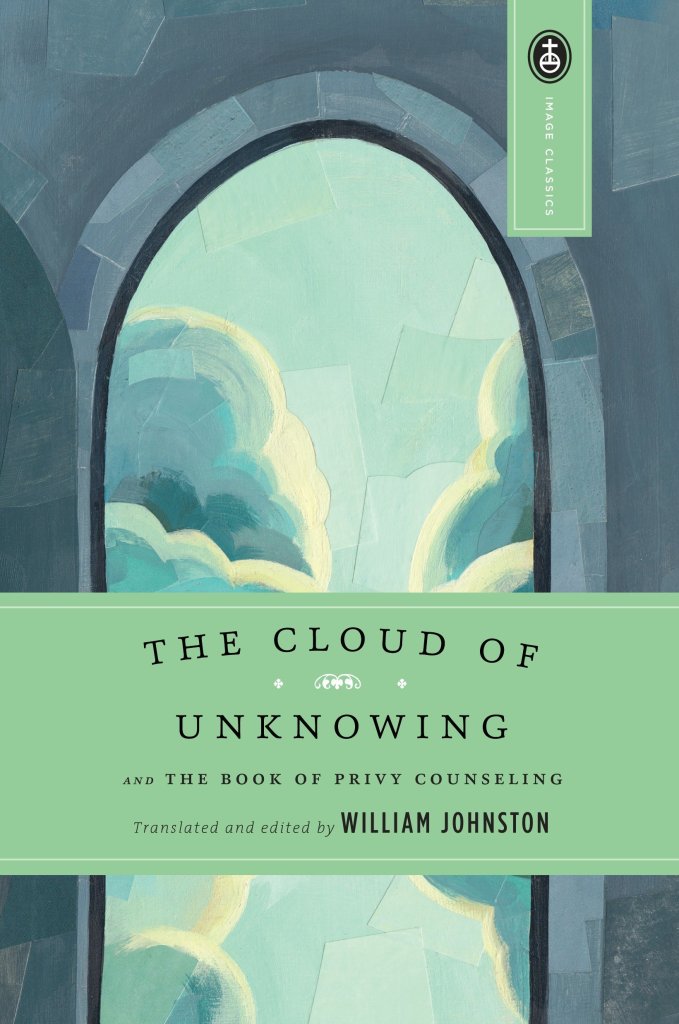
The Cloud of Unknowing & The Book of Privy Counseling | William Johnston (translator). Written in the 14th century by an anonymous English monk, and likely the first Western primer on meditation from the Christian perspective. There are many translations — get this one.
Mere Christianity | C.S. Lewis. This classic and eminently readable text is a good point of entry into spirituality for the agnostic or atheist from a Christian perspective. It’s not nonduality, but it’s on the list anyhow.

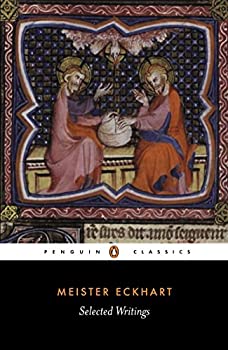
Selected Writings | Meister Eckhart. The original nondual Christian, or at least the most well-known. So very nondual that his fellow Christians said he couldn’t be Christian anymore, and gave him the boot. Eckhart Tolle liked him so much that when he changed his name, he took Meister’s.
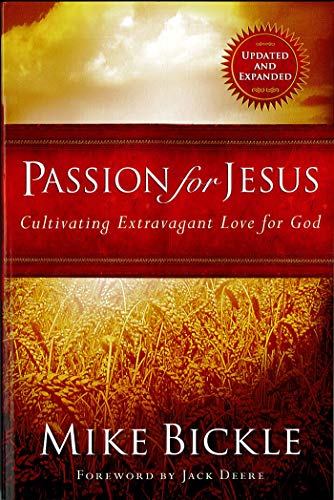
Passion for Jesus | Mike Bickle. Like Mere Christianity, this book also has nothing to do with non-duality at all. But at one point in my seeking, sitting alone on an airplane in the sky, it moved my heart. If there is a book that opened me to the divine, this was it.
Scripture and the Life of God | David F. Watston. The author is a personal friend of mine whose influence on my thinking has been significant. The book contends that learning to converse with scripture leads one into the very heart of God.

The Knowledge of the Holy | A. W. Tozer. A self-taught mystic explores God’s grace, mercy, wisdom, omnipotence, omniscience, infinitude, and many other qualities. Some call this a devotional. It reads more like a series of brief essays, but they warm the heart all the same.

Contemporary

The Power of Now | Eckhart Tolle. Oprah’s favorite spiritual guru is well-worth reading if you can set aside all the Oprah. The bit on the Inner Body is essential, as well as the overall notion of thought being a thing which enslaves us.
The Nature of Consciousness | Rupert Spira. Arguably the modern master of nonduality. Being Aware of Being Aware gets more attention, but I haven’t read it — this one I can vouch for. Rupert’s YouTube channel is essential viewing.
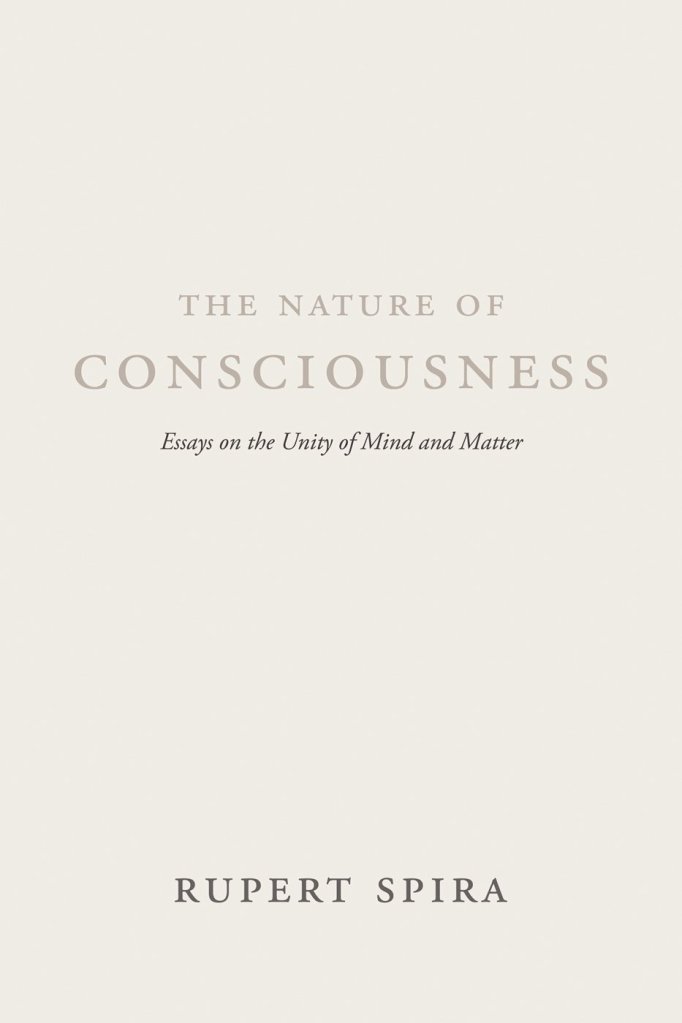

The Leap | Steve Taylor. An interesting exploration of the psychology of spiritual awakening.
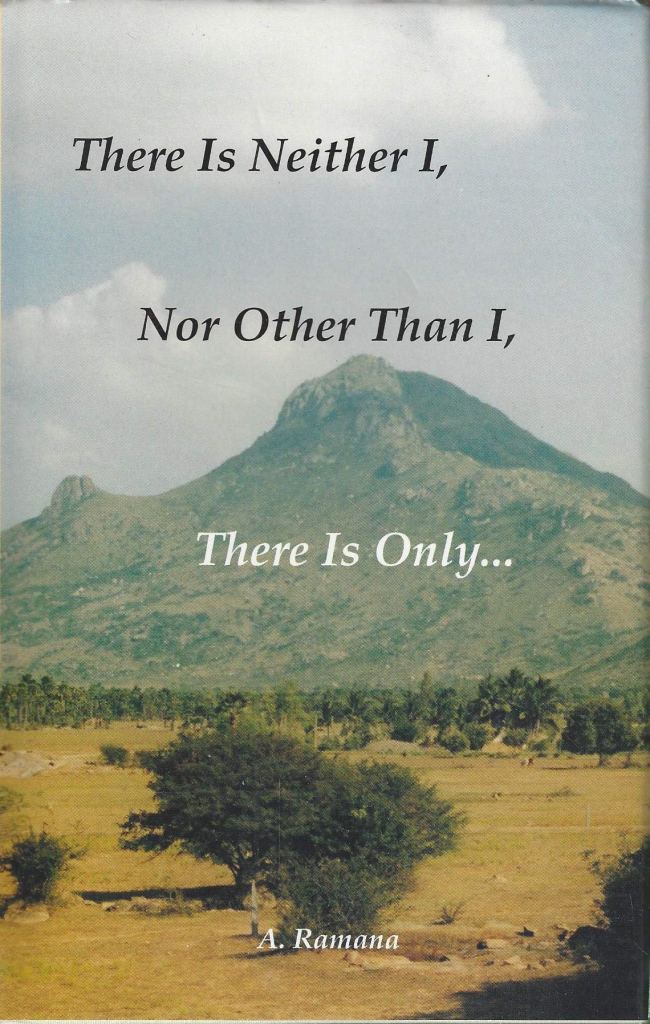
There Is Neither I… | A. Ramana. One of the most comprehensive books on non-duality I’ve seen. The writing can be a bit tedious at times, but unknotting some of the sentences seems to help the transmission sink in.
Wake Up Now | Stephan Bodian. An easy read for those who are frustrated on the path, or wish to understand it better. A good entry point for newcomers.
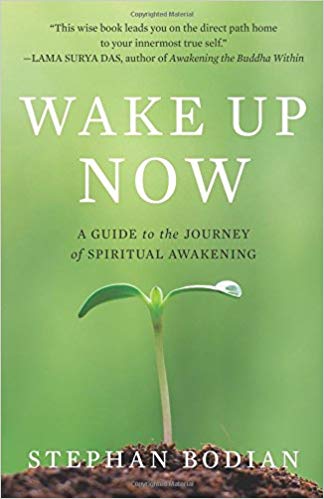
Beyond Mindfulness | Stephen Bodian. The point here is that mindfulness is fantastic, but it’s not a destination, only a stop on the journey. Beyond that stop lies the experience of non-duality. This book intends to help you get there.
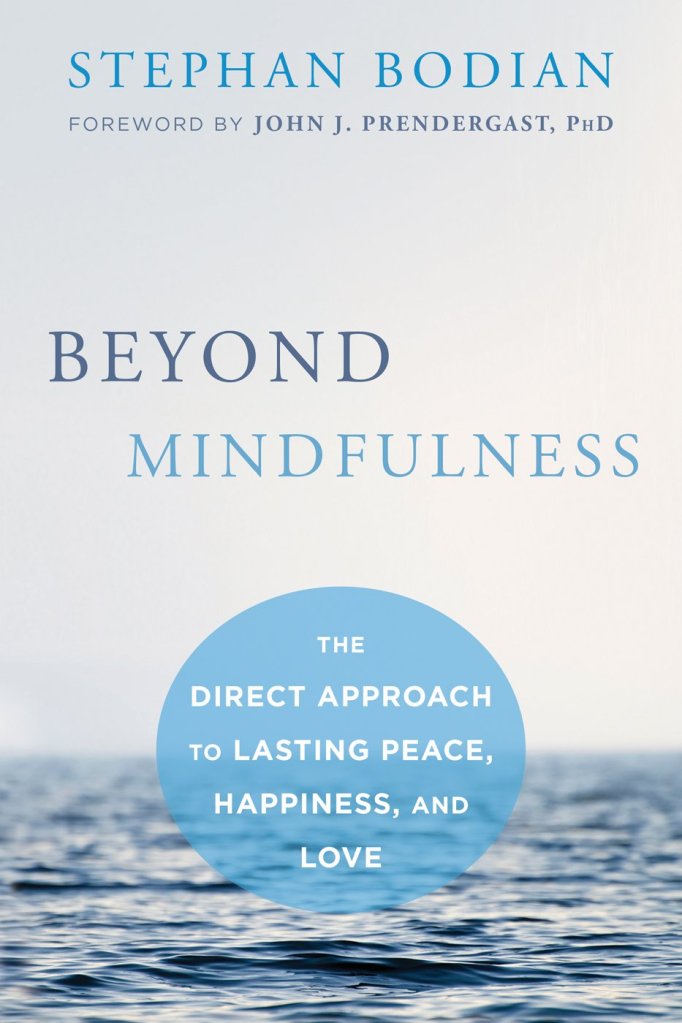
Indian
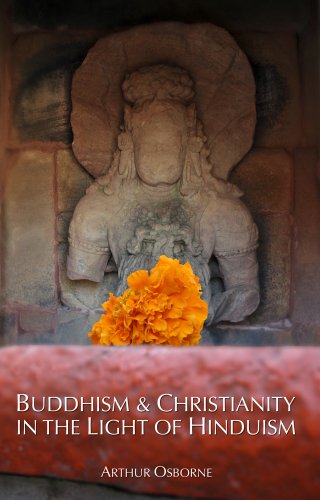
Buddhism & Christianity in the Light of Hinduism | Arthur Osborne. Suggests that Buddhism and Christianity complement each other as proselytizing religions founded for their respective audiences (Eastern & Western) by divine individuals. And featuring one of the best explications of Advaita I’ve seen.

The Garland of Guru’s Sayings | Sri Muruganar. A collection of well over 1000 verses on the teachings of Ramana Maharshi, written by one of his enlightened devotees. Professor Swaminathan’s translation is easily read, unlike some others, so be sure to get this version.
Intuition | Osho. Most of the value of this book lies in its first half, but what value that is, is…well, invaluable. Click here for a summary of the content if you want a summary, but don’t cheat yourself. Just know the book is not a “book” book, but rather an edited transcription compiled from Osho’s talks.
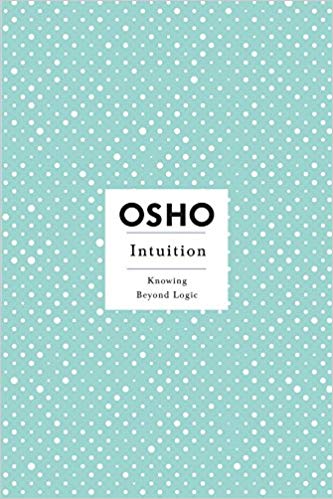
Classics of Indian Spirituality | Eknath Easwaran. Includes The Upanishads, The Bhagavad Gita, and The Dhammapada. Easwaran’s translations and introductions are beautiful and profound. Worth reading over and over.
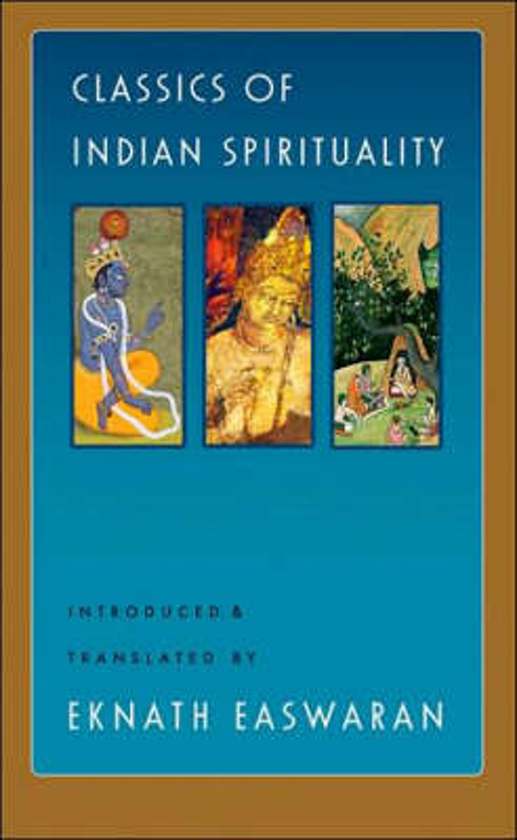
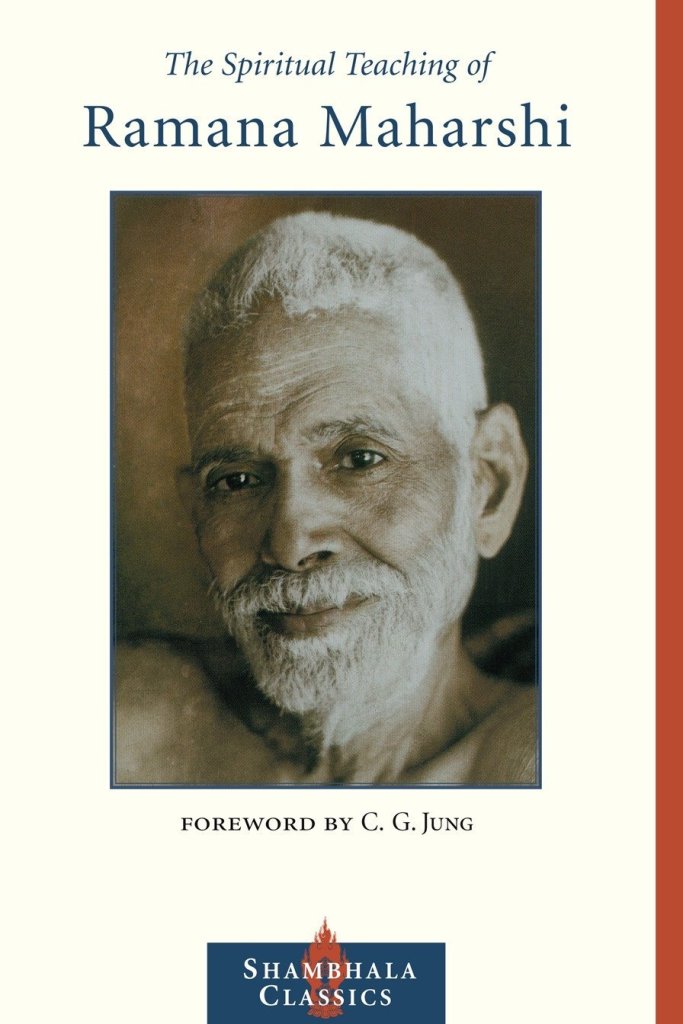
The Spiritual Teaching of Ramana Maharshi | Ramana Maharishi. A collection of dialogues with the Sage of Arunachala, who spontaneously re-discovered the ancient tradition of self-inquiry at the age of sixteen, then wore nothing but a loin-cloth for the next 54 years. Features a forward by Carl Jung.

Who Am I? | Ramana Maharishi. These could be the most significant sentences you will ever read. You’ll be done in ten minutes, but will likely need many more to realize them.
Be As You Are | David Godman. Considered by many to be the quintessential compendium of Ramana Maharshi’s teachings, compiled by arguably the foremost expert on Indian saints and sages of the 20th century (and whose name is apropos).

I Am That: Talks with Sri Nisargadatta Maharaj | Maurice Frydman (translator). A series of conversations with the unassuming shop-keeper, cigarette-smoker, and feisty, enlightened master. Notice whose viewpoint you find yourself taking, the questioner’s or Nisargadatta’s.
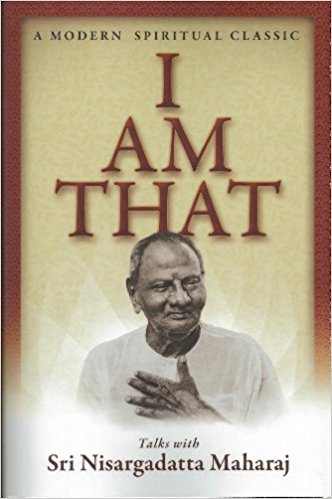

Siddhartha | Herman Hesse. This fictional classic tells the story of a Buddha-like ascetic whose name is the same as the real Buddha’s and who meets the real Buddha then leaves him to become even more Buddha-like. A head-scratching plot-line, but the tale and its telling leave you transfixed by its mystical beauty.
The Yoga Sutras of Patanjali | Swami Satchidananda. One of the most influential Yogis of the 20th century, Swami Satchidananda helped popularize Yoga in the West, opened the Woodstock festival, and founded Yogaville. His commentary clarifies essential questions about the non-dual experience.

Buddhist
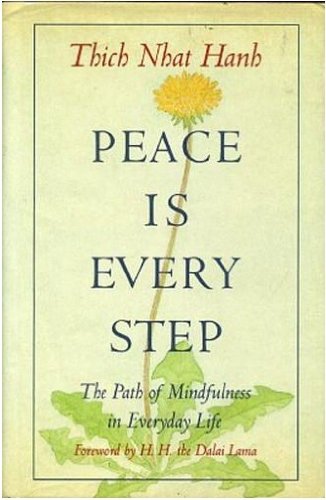
Peace is Every Step by Thich Nhat Hanh. This beautiful and simple book makes a great entry point for someone new to Buddhism who doesn’t want to be overwhelmed by Noble Truths and Eightfold Paths. Just read, breathe, and take delight in the moment.
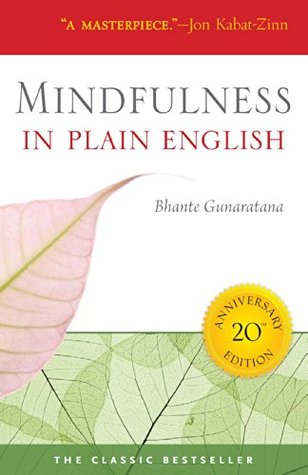
Mindfulness in Plain English by Bhante Gunaratana. A detailed introduction to meditation. A great place to start for beginners so long as it’s understood that this is not the be all end all of meditation techniques but an entry point (and a good one) from within the Vipassana tradition.
Why Buddhism is True by Robert Wright. Don’t let the the title mislead you. This is not an apologetic work. The author simply discusses precepts of current Western psychology and draws parallels to Buddhist teachings and practices, supplemented by his personal experience. An easy read, and the audiobook version is especially listenable.

Zen Mind, Beginner’s Mind by Shunryu Suzuki. Thoughtful teachings and insight on meditation and non-dual understanding in the tradition of Zen Buddhism.
